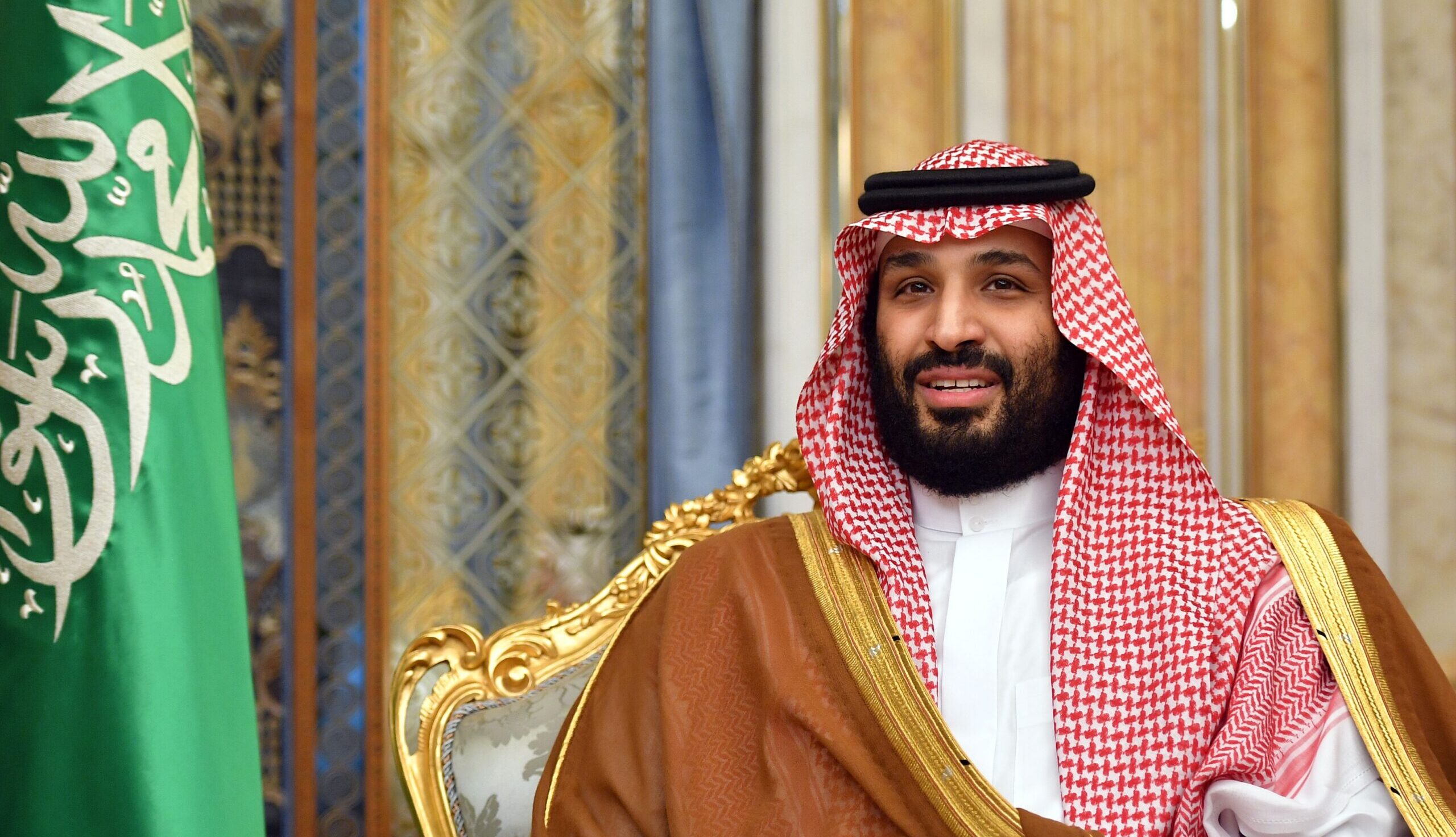Strange things are happening in the global oil market. At the beginning of September, Saudi Arabia and Russia reaffirmed their desire to limit oil production in a bid to push the price of oil up to $100 a barrel. At first, the market responded to the announcement as expected: by the end of September the price in futures markets hovered around $90 a barrel, a rise of around 6% since the start of the month.
Since then, however, oil futures have gone down substantially, and currently stand at just over $77 a barrel — a decline of 15% from where they were at the end of September. Yet the Saudi and Russian position has not shifted. This has led the Saudi energy minister to accuse speculators of driving down the prices. “It’s not weak,” said Prince Abdulaziz bin Salman, referring to global demand for oil, “people are pretending it’s weak. It’s all a ploy.”
When I started my career in financial markets, I recall asking a veteran investor which metrics to look at to predict the future oil price. “You don’t need to look at any metrics,” he said to me with a smile. “Just pay attention to what the Saudis are doing.” That advice has always served me well. The Saudis are known as the industry’s swing producers for a reason.
So, what is going on in the oil markets? Have the Saudis finally lost control? Some news reports might suggest as much. A recent Reuters survey, for instance, found that OPEC output as a whole rose by 180,000 barrels per day between September and October. The report cited increased production from Nigeria and Angola. This is somewhat odd given that, together, Nigeria and Angola produce around 3.73 million barrels per day, a drop in the ocean compared to the 23.7 million produced by Russia and Saudi Arabia.
The increases by the two countries are very small too. The Reuters survey stated that Nigeria had boosted output by 50,000 barrels a day. Yet the Saudis and the Russians have committed to cutting production by more than one million barrels a day until the end of the year, 20 times Nigeria’s increase in production. The Saudi energy minister has even accused the authors of the report of looking at the wrong data, saying that the data tracks oil exports — which are subject to seasonal fluctuations, especially moving into winter — instead of actual production figures.
The uncomfortable truth is that the Saudis may well be right. Oil demand is buoyant and the risk of a global recession in the next six months is very low. Nigeria and Angola are unimportant producers compared to Saudi Arabia and Russia, and the Saudi argument that exports are the wrong metric to observe is credible. The current price trends in the oil market may well be a speculative mania that will shortly unwind.
All of this has enormous implications for the American election next year. When the Saudis and the Russians committed to a $100-a-barrel price target, many commentators saw this as a shot across the bow of the Biden administration. If energy prices were to increase moving into election season, this would almost certainly damage the incumbent President at the polls. I am inclined to put my faith in the advice given to me all those years ago, and continue to watch what the Saudis are doing.











Join the discussion
Join like minded readers that support our journalism by becoming a paid subscriber
To join the discussion in the comments, become a paid subscriber.
Join like minded readers that support our journalism, read unlimited articles and enjoy other subscriber-only benefits.
Subscribe